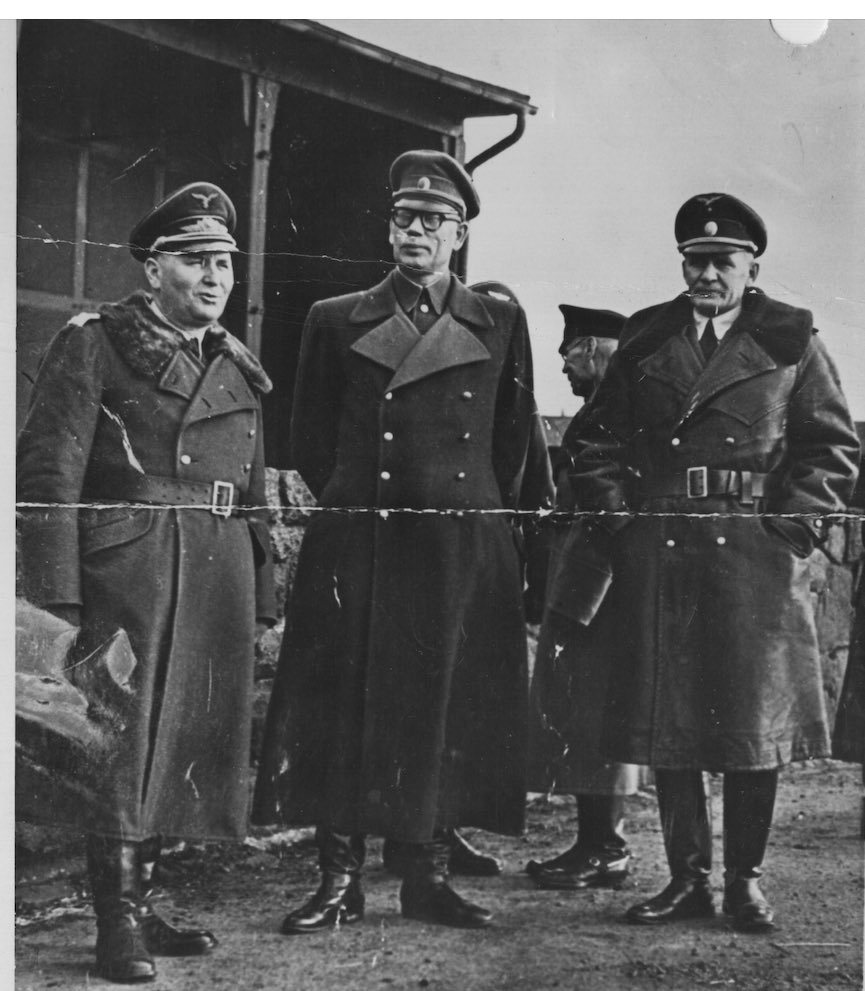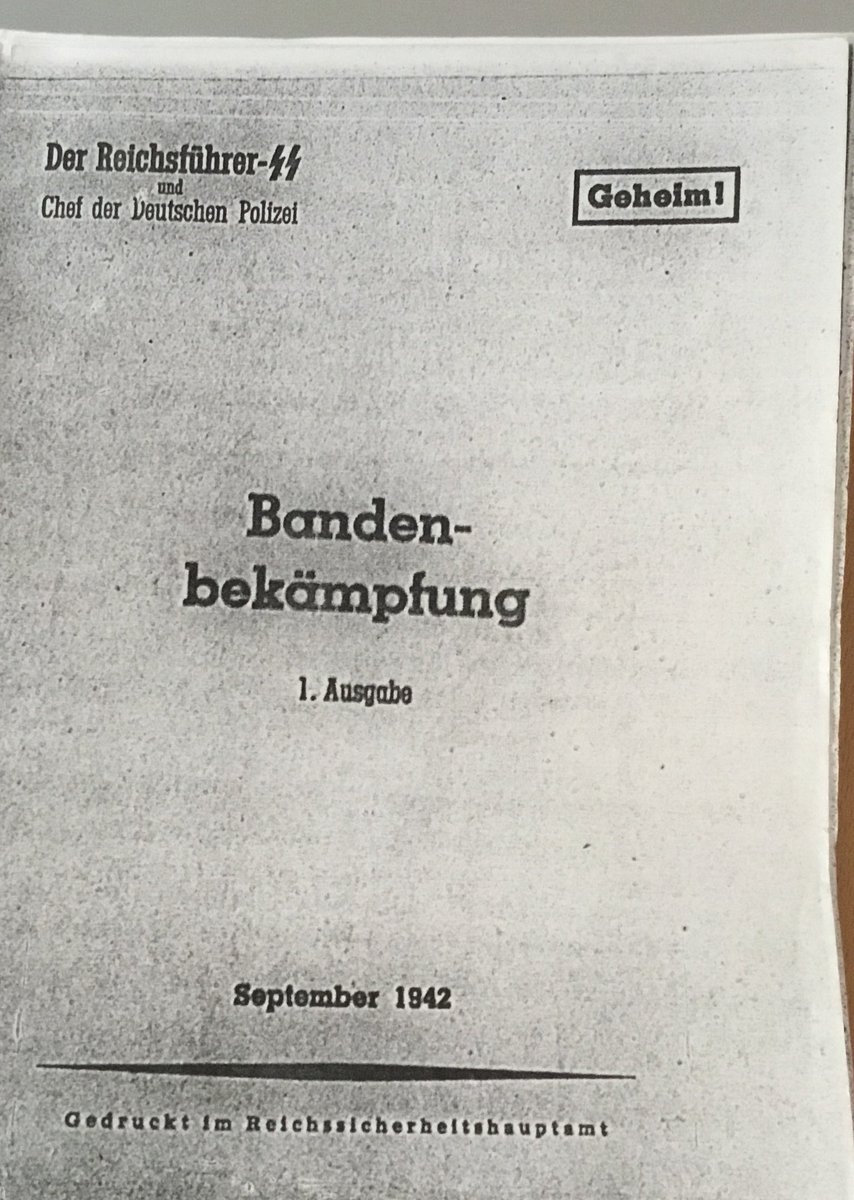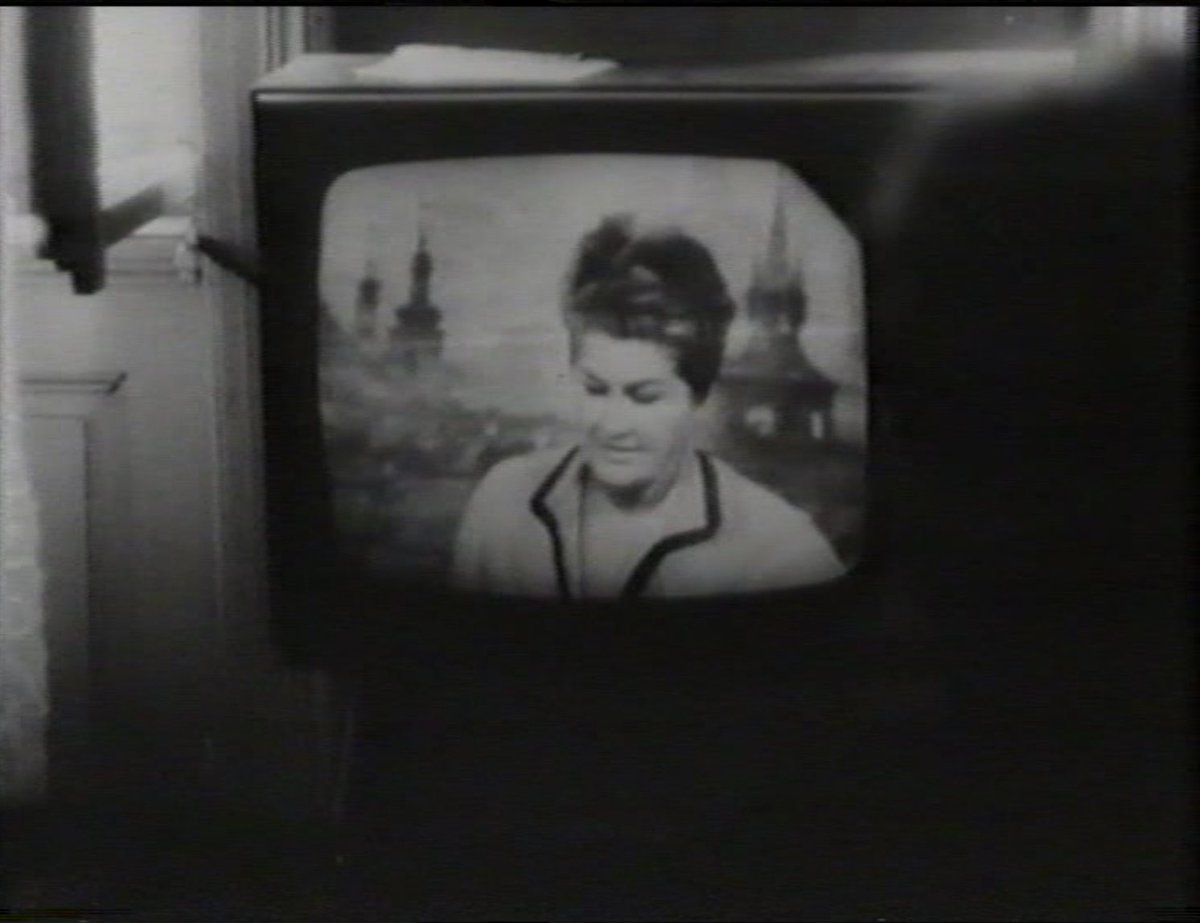
Will there be a Sergei Shoygu Coup?
This thread tells the tale of how a Russian general was turned.
Image: Wiki
This thread tells the tale of how a Russian general was turned.
Image: Wiki

Andrey Vlasov was the most famous/infamous turncoat Russian general. In July 1942 he was captured by the Germans and so began a short but odd story of collaboration.
Image: PD
Image: PD

Vlasov was born in 1901 and in 1919 he joined the Red Army. He served in China in the 1930s alongside Chiang Kai-shek in the struggle against the Japanese Army.
Image: Sven Steenberg
Image: Sven Steenberg

In 1941 he commanded the 37th Army near Kyiv and narrowly escaped capture when the city taken by the Germans in September. Later, he joined the Soviet defence of Moscow and received the Order of the Red Banner medal in January 1942.
Image: Fdutil
Image: Fdutil

Stalin gave Vlasov command of 2nd Shock Army to relieve Leningrad. In March 1942 the attack broke the German lines but stalled. Forced to hold on, his army retreated but was routed in June and he was given up to the Germans by a farmer.
Image: @USNatArchives
Image: @USNatArchives

Vlasov later claimed that while he was in hiding he became an anti-bolshevik and anti-Stalinist. He was initially interrogated by Generaloberst Georg Lindemann, commander of 18th Army, AGN.
Image: Bundesarchiv Bild 183-L08017,
Image: Bundesarchiv Bild 183-L08017,

In July-August 1942, while in captivity in Vinnitsa, Vlasov was approached and interviewed by Wilfred Strik-Strikfeldt, a Baltic German, and serving officer in the German Army.
Image: Sven Steenberg
Image: Sven Steenberg

Strikfeldt was seeking out Russians to form an army of collaborators. They found mutual ambitions for collaboration. A cadre of collaborators were removed to Berlin. Stalin had abandoned Red Army POWs.
Image: @USNatArchives Konstantin Kromiadi-Kruzhin

Image: @USNatArchives Konstantin Kromiadi-Kruzhin


Stalin had ruled that Red Army POWs would face justice for surrendering. His eldest son, Yakov Dzhugashvili was captured by the Germans, but Stalin refused to make a deal for his release. He died in Sachsenhausen concentration camp 1943.
Image: PD
Image: PD

Russian Liberation Committee was the first stage to raising the Russian Liberation Army - ROA - Russkaya osvoboditel'naya armiya. In 1943 Vlasov wrote a pamphlet ‘Why I have taken up the struggle against Bolshevism.
Image: Wikiarius
Image: Wikiarius

ROA began training in 1943/4. Vlasov travelled to POW camps on a recruitment drive
Images: @USNatArchives Bundesarchiv Bild 146-1969-107-03


Images: @USNatArchives Bundesarchiv Bild 146-1969-107-03



After discussions with various Nazi leaders it was decided that a proclamation of the movement should be announced at a conference. This was turned into an elaborate affair as delegates were brought from across the Nazi empire.
Images: @USNatArchives


Images: @USNatArchives



In February 1945 the leaders met Goebbels and the ROA was involved in the Oder battles. Then it was moved to Prague. On 6 May 1945 they turned on the SS in the City, but then the Communist Partisans forced them out of Prague.
Images: @BundesarchivD
Images: @BundesarchivD

Vlasov was captured by the Red Army. He was placed on trial in Moscow and was executed in 1946. A memorial was raised to Vlasov and the movement in New York.
Image: Dennis Fraevich
Image: Dennis Fraevich

Vlasov was a tragic but misguided. He was not the example for a coup, but he does prove Russians are not impervious to changing sides.
#UkraineRussianWar
#UkraineRussianWar
• • •
Missing some Tweet in this thread? You can try to
force a refresh














